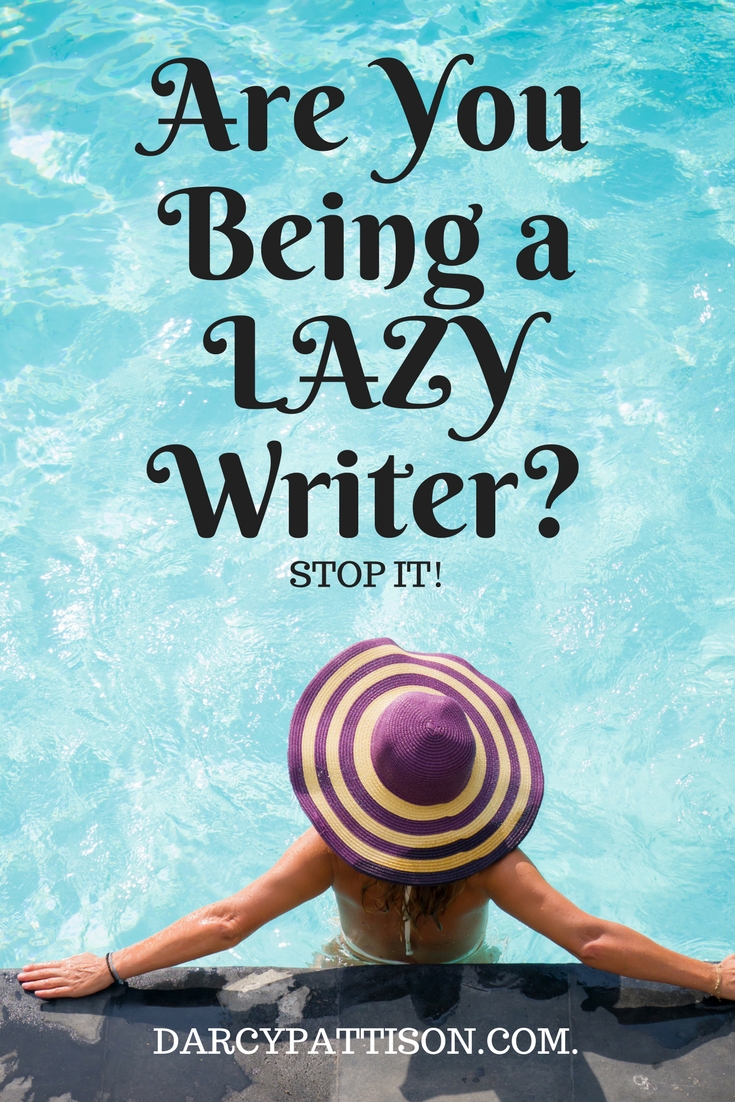I’ve been reading a lot of manuscripts lately and finding some common problems.

Matching up writing and audience
One problem is matching up the story with the audience. For example, ABC stories are perfect for kindergarten and first graders. An ABC book for sixth graders would be rather pointless. On the other end of the scale, I’m seeing easy chapter books written in a narrative style more suited for sixth grade. The sentence lengths, vocabulary and tone are meant for older students. The story itself might be fine, but the writing choices mean it doesn’t match the intended audience.
Think about your novel. Are you writing for YA, but your story is about something simple like deciding what to eat for lunch or what to wear to school. Sure, you can make those work in a YA (don’t send me samples!). But usually those are too simple and lack the complexity for the teenage concerns. Or are you writing for preschoolers? Then, a concept book about Big vs. Little would be perfect. But a technical explanation of Bernoulli’s principle that creates lift for airplane wings would not work for preschoolers.
Make sure you’re matching up audience, story, plot, characterization, narrative style, tone and so on.
Lazy writing
I’m going to be generous and slot another set of problems into a Lazy Category. Otherwise, I’d have to say the writer is incompetent and needs to learn the craft better. This includes too many to-be verbs, failing to imagine the world and its sensory details, boring dialogue, and so on. Or, there’s a story there, but the pacing is off and entire chapters are boring. Or the chapter reads fine, but nothing happens. Nothing changes for the characters, so it’s an empty chapter.
These writers need to remember their craft, learn it, or relearn it. Often, I’ve seen great writing from this person, but in this story, it’s off. Maybe they weren’t passionate enough to read the story another time, and make the needed changes. Or, they are distracted by something in their lives. In this case, the writer needs to go back to his/her roots and do the things they know how to do. Storytelling needs a certain concentration and mindset and it’s hard to maintain. We inevitably find variation in the quality of writing from story to story.
This is a call to be vigilant and make sure you maintain a high quality in your work.
Failure to edit
Some writers are lazy for various reasons. Less easy to understand are those writers who shrug about doing a last run through for editing. I know! I hate doing that spell check, reading again for clarity and word choice, and being vigilant about punctuation complexities. But I do it. It’s a matter of quality, yes. But I also think it’s a matter of being polite.
Punctuation and grammar are, by and large, a matter of being polite. It’s often not a matter of right or wrong. Rather, they are commonly agreed upon rules that show where our prose needs to pause, emphasize, or diminish something in the text. If you use a short sentence, it stops the reader. Cold. It’s one of the tools by which we direct the reader toward meaning.
If you deliberately misuse or ignore the common rules, it’s rude to your readers. Good writers edit. And if they are incapable of doing it themselves, they find copy editors to help.
Someone once asked me how many times I’ve read my stories before they are published. It feels endless! Doesn’t it?
But good writers are vigilant about the quality of their writing. They make sure the story and audience match up, they refuse to be lazy, and they do the polite work of editing their work.



I think editing is of major importance and sometimes the writer is not the best editor of their own work. Getting a great mentor or editor who will give you what you need to hear not what they think you want to hear is the key.
I edit my work over and over reducing it down until I can;t see any more edits, then I pass it on to my super critical editor who will find vast amounts of errors, story holes and grammatical errors I missed. Plus more importantly, they will give me honest and straight talking feedback on my story.
Much of this I will take on board some I will discard, it is my story after all and I know what is right for it but a lot of this feedback gets acted upon.